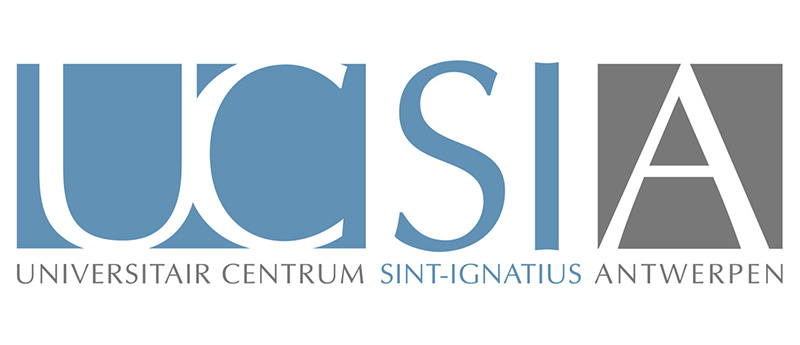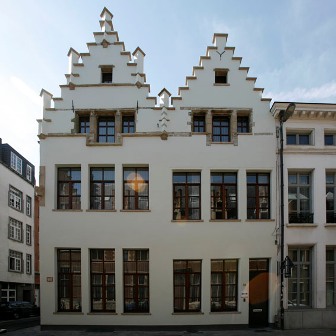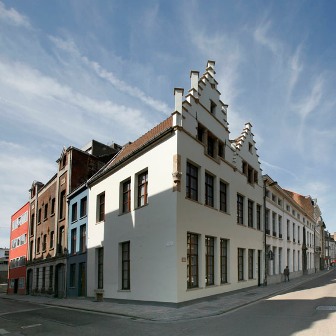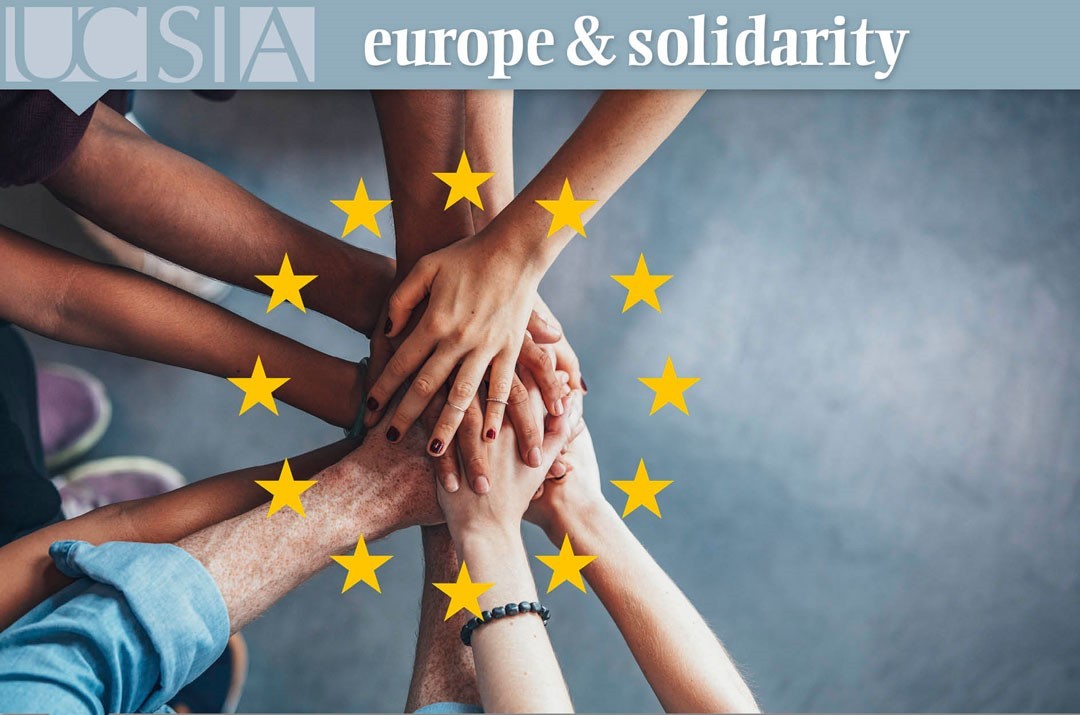
Vision statement
Solidarity in Europe and the World
Europe will not be made all at once, or according to a single plan.
It will be built through concrete achievements which first create a de facto solidarity
Robert Schuman – Declaration of 9 May 1950, Salon de l’Horloge, Quai d’Orsay, Paris
Si, en définitive, l’humanité n’existe que
pour autant qu’elle est au monde et est du monde,
comment fonder une relation avec les autres
basée sur la reconnaissance réciproque de nos communes vulnérabilité et finitude?
Achille Mbembe – Une politique de l’inimitié, Paris, La Découverte, 2016, p.21
We think of solidarity as “the ability to engage in cooperative activity to strive for common goals, and a sense of unity and bonding” (Jeffries, 2014, p. 7). Following Mbembe’s lead, solidarity entails the mutual recognition of our common vulnerability and finiteness and in turn creates a basis for dealing with it.
In the multi-layered network of structures of living together, solidarity can find an expression at different levels and in a variety of intensities. The extent of solidarity that can serve as basis for collective action also arguably varies with the sources of vulnerability. These may vary from the human condition itself, in line with Mbembe’s cosmopolitan argument, to less inclusive definitions of “we” based e.g. on pre-existing “bonds which unite men with another”, as Durkheim (in Lukes, 1972, p. 139) or Sen (2009) would argue, or constitutional bonds, in line with Rawls or Habermas (Banting & Kymlicka, 2017, pp. 5-47, p. 3-4).
Historically, solidarity has come to be centrally anchored at the level of the nation-state, where the “nation” defines a “we” that claims to rule itself (Appiah, 2018, p.147) and that therefore also can both invoke national sovereignty to fend off external influences and, internally, justify the enforcement of particular entitlements and duties. Consequently, the predominant role of supra-national structures has been seen as merely to support national-level structures in fulfilling this role. This tradition is deeply rooted in European Humanism (Grotius in Nussbaum, 2019, pp. 105-55), which has been a rich source of inspiration not just to reflect on solidarity but also to justify a model of civilization imposed through colonization or other strategies of western domination.
The key question is how the nation-state based paradigm of solidarity is able to respond to contemporary challenges and disruptions and how it matches with wider conceptions of solidarity. Indeed, the patterns of economic and social interdependence have substantially outgrown the scale of the nation-state, resulting in an unprecedented accumulation of wealth on one hand, but also, among other things, in unequal trans-national distribution of its benefits and costs (Milanovic, 2016), in worldwide environmental depletion, in an increasing vulnerability to global-level risks, such as the financial crisis of 2008 and the COVID-19 health crisis, and in an increasing flow of people on the move.
The project of the European Union partly constitutes an answer to these challenges by strengthening solidarity at the level of its member-states as well as by broadening the circle of solidarity at the level of the European Union itself, yet important challenges remain, both in enhancing this European project and in complementing or supplementing this project with other networks of solidarity.
Thus, the promotion of solidarity in Europe and in the world is potentially a very broad agenda that needs to be translated into specific projects, also taking into account the positioning of UCSIA as an organization that pursues the Jesuit project of the promotion of social justice. David Hollenbach SJ defined social justice almost as synonymous with solidarity: “patterns of social organization and activity that are essential both for the protection of minimal human rights and for the creation of mutuality and participation by all in social life” (in Cosacchi, 2019, p. 653-4).
In our projects, the ideal is that we can combine
- contributing to knowledge transformation with a combination of UAntwerp staff and students, (international) partners from academic networks and Jesuit networks, that
- this is realised in close collaboration with actors deeply involved in processes of societal change and that
- the project is also linked to (curricular or extra-curricular) training initiatives that focus on preparing change agents (Lowney, 2009).
More specifically, we want to focus on the following themes and key questions in three areas:
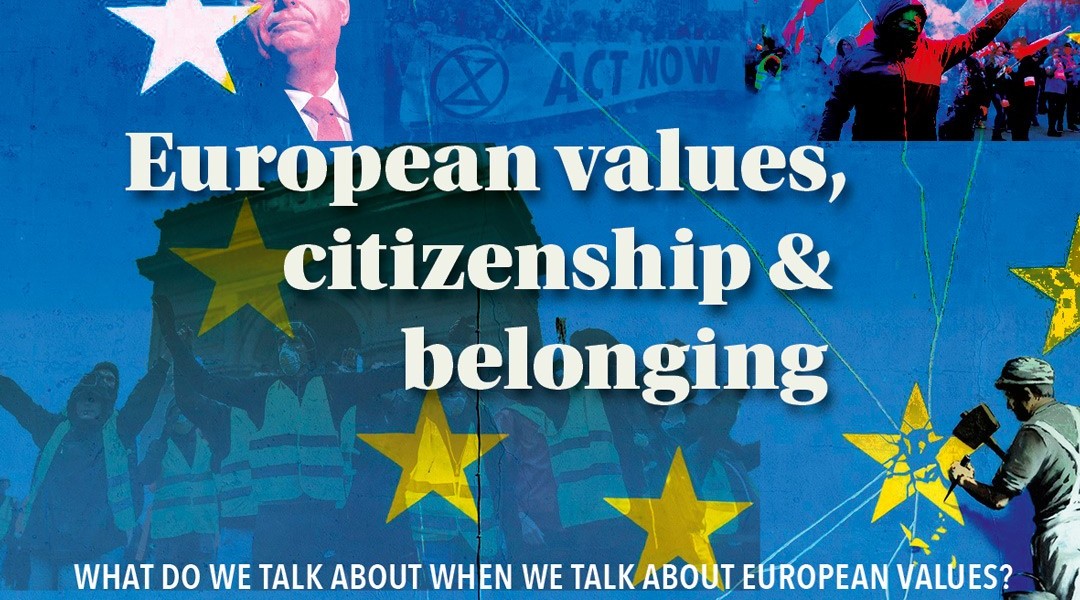
Humanism in the making

Europe as 'Schickalsgemeinschaft'
Conferences and seminars for policy and practice about socio-economic strategies for European solidarity. In the political and social debate about whether the European Union’s role is merely to support nation states as actors of justice or whether it should to the contrary serve as a laboratory for supranational distributive justice, the European Union frequently opts for solutions in-between both extremes in crafting its different social, fiscal and monetary policy mechanisms (Vandenbroucke, 2020; Schelke, 2018). A key question is to what extent these policies do indeed realize their ambition of strengthening solidarity.
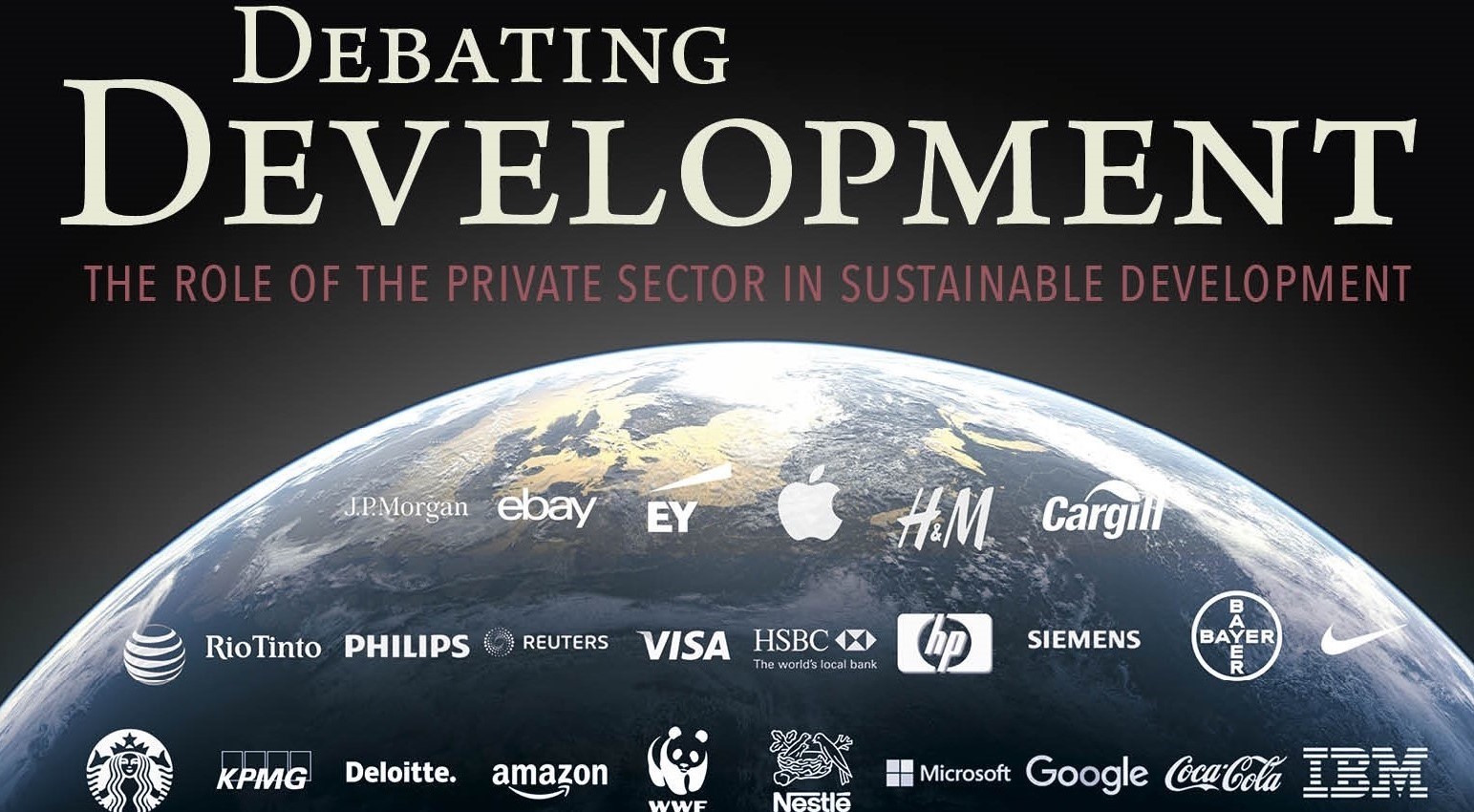
Worldwide Solidarity
Expert seminars and international workshops for researchers and professionals on global issues such as peace and conflict, migration, climate change etc. Beyond the search for those responsible for global problems like climate change, migration, peace and conflict, the question is how a global community can be imagined and mutually recognized (Kohn, 2020) and how effectively capable (O’Neill, 2001) actors and mechanisms of global justice can take shape. In the field of migration, finding ways to mutually beneficial migration is the daunting task of actors of justice – be they local or global – in order to overcome the seeming moral dilemma of openness versus closure, and the tension between brain drain and local development. Within this set of actors, Europe is but one, yet a crucial actor. In the field of peace and conflict, analysts and practitioners are faced with a similar challenge, which is to identify the meaningful role(s) Europe can perform in this domain. See also the theme ‘climate, democracy and social justice’ under the UCSIA thematic line ‘Ethics and Economy’.
References
Appiah, K.A. (2018) The lies that bind; rethinking identity. New York & London: Liverlight publishing corporation.
Banting, K. & Kymlicka, W. (2017) “The political sources of solidarity in diverse societies” in: The strains of commitment; the political sources of solidarity in diverse societies, ed. Keith Banting & Will Kymlicka.
Durkheim E., cited in Lukes, S. (1972) Lukes, Stephen. 1972. Emile Durkheim; His Life and Work, a Historical and Critical Study. New York: Harper & Row.
Grotius, H. in Nussbaum, M. (2019) The cosmopolitan tradition; a noble but flawed idea. Cambridge MA, London UK: Harvard University Press.
Hollenbach D., in Cosacchi, D. (2019) “Jesuits and social justice” in: Journal of Jesuit Studies n° 6, pp. 651-75.
Jeffries, V. (2014 ), “Altruism, morality, and social solidarity as a field of study” in: Vincent Jeffries (ed.) The Palgrave handbook of altruism, morality, and social solidarity; formulating a field of study. New York, Palgrave McMillan.
Kohn, M. (2020) “public goods and social justice” in: Perspectives on politics (online first, 8 January)
Lowney, C. (2009) Heroic Leadership; Best practices from a 450-year-old company that changed the world. Chicago: Loyola Press.
Mbembe, A. (2016) Une politique de l’inimitié Paris, La Découverte.
Milanovic, B. (2016) Global Inequality; a new approach for the age of globalization Harvard University Press.
O’Neill, O. (2001) ‘Agents of Justice,’ in Global Justice, ed. Thomas Pogge (Oxford: Blackwell Publishers, 2001), pp. 188-203.
Schelkle, W. (2018) ‘The political economy of monetary solidarity: revisiting the Euro experiment’ Wirtschaft und Gesellschaft vol. 44, 3/2018, pp. 335-67.
Sen, A. (2009) The idea of Justice. Harvard: Belknap Press.
Vandenbroucke, F. (2020) Solidarity through redistribution and insurance of incomes: the EU as support, guide, guarantor or provider? Amsterdam Centre for European Studies Research Paper 2020/01
